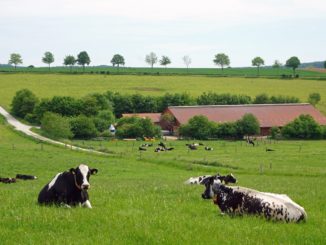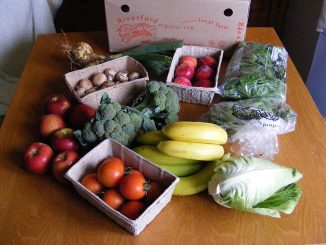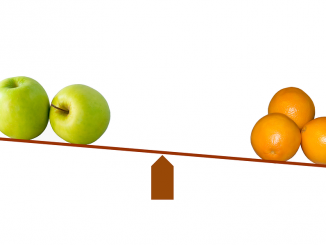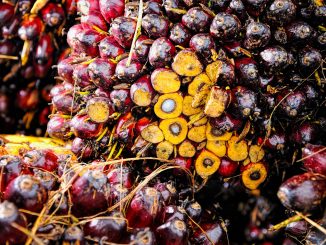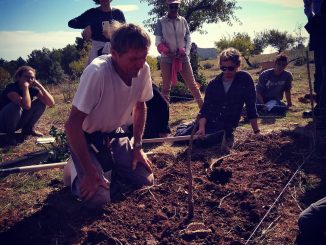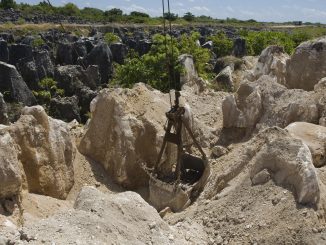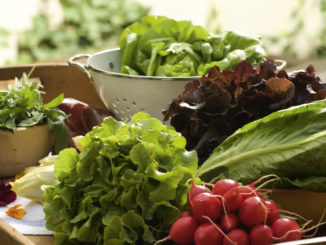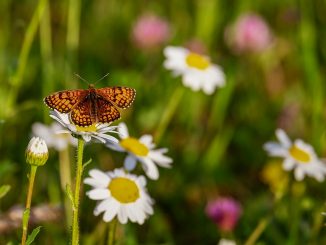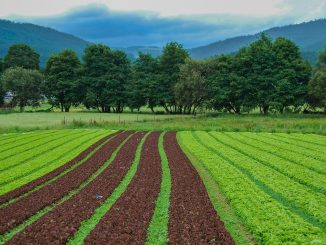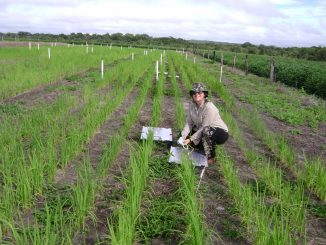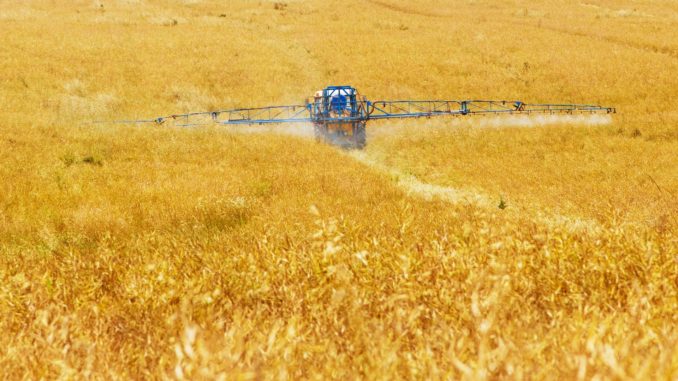
Pesticides under Pressure | EU Parliament and Progressive Places Putting Biodiversity First
With insect Armageddon and biodiversity collapse making the headlines, pesticides are public enemy No. 1. Scientists are now naming and shaming pesticides as a key driver of biodiversity loss. Even the European Parliament has caught the bug. MEPs insist that the new CAP must do more to shrug off our dependency on agrochemicals. Meanwhile farmers are showing that – with the right supports – instead of scapegoats for biodiversity loss, they can be part of the solution. […]

